Work local, think regional: How to build water resilience in North Africa and the Middle East
Water security is a persistent and rapidly intensifying challenge in North Africa and the Middle East. The Water Resilience Tracker (WRT) has been collaborating with two countries in the region, Egypt and Morocco, redesigning national policies towards building resilience around water, and translating policy into targeted action.
At Cairo Water Week 2025, the Tracker hosted a session to discuss the challenges facing North Africa and the Middle East, and how Egypt and Morocco could point the way to a water-resilient future.
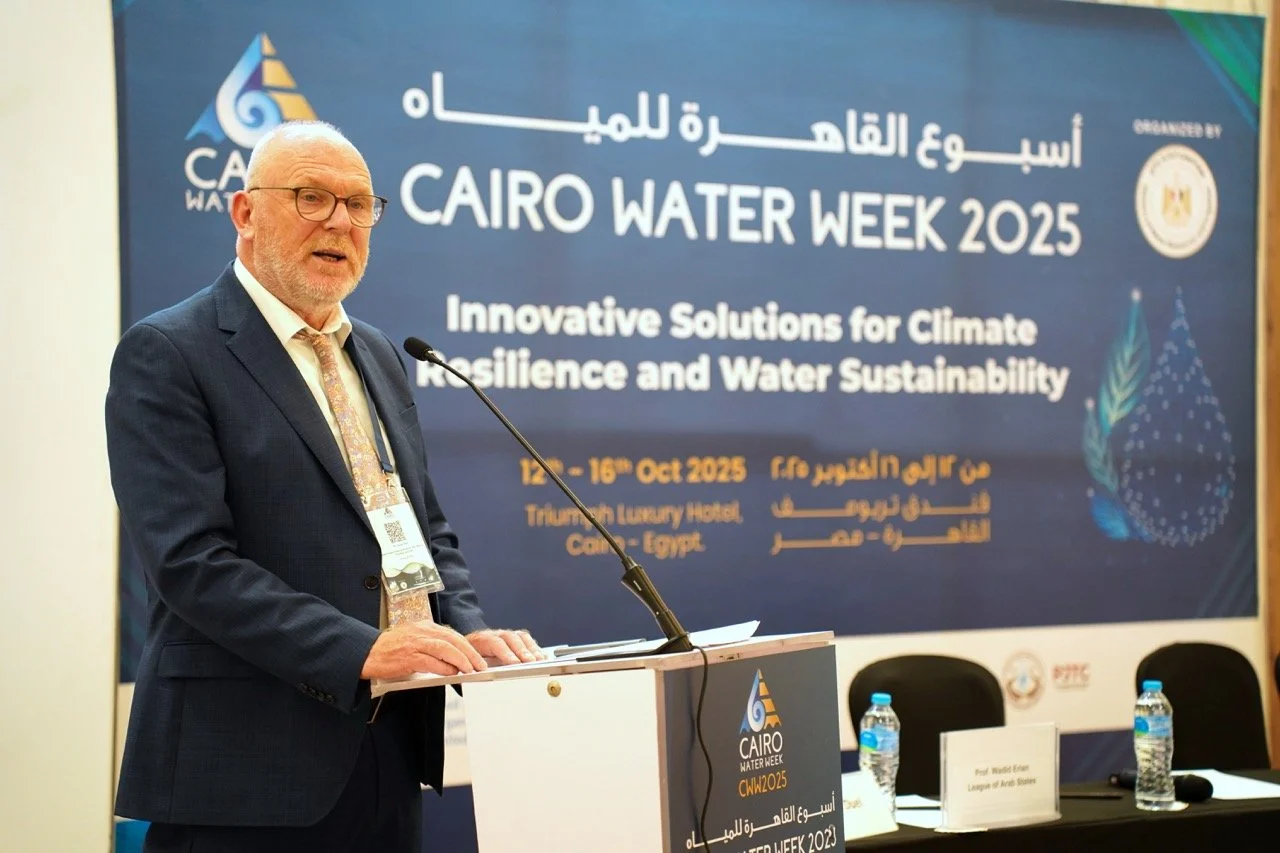
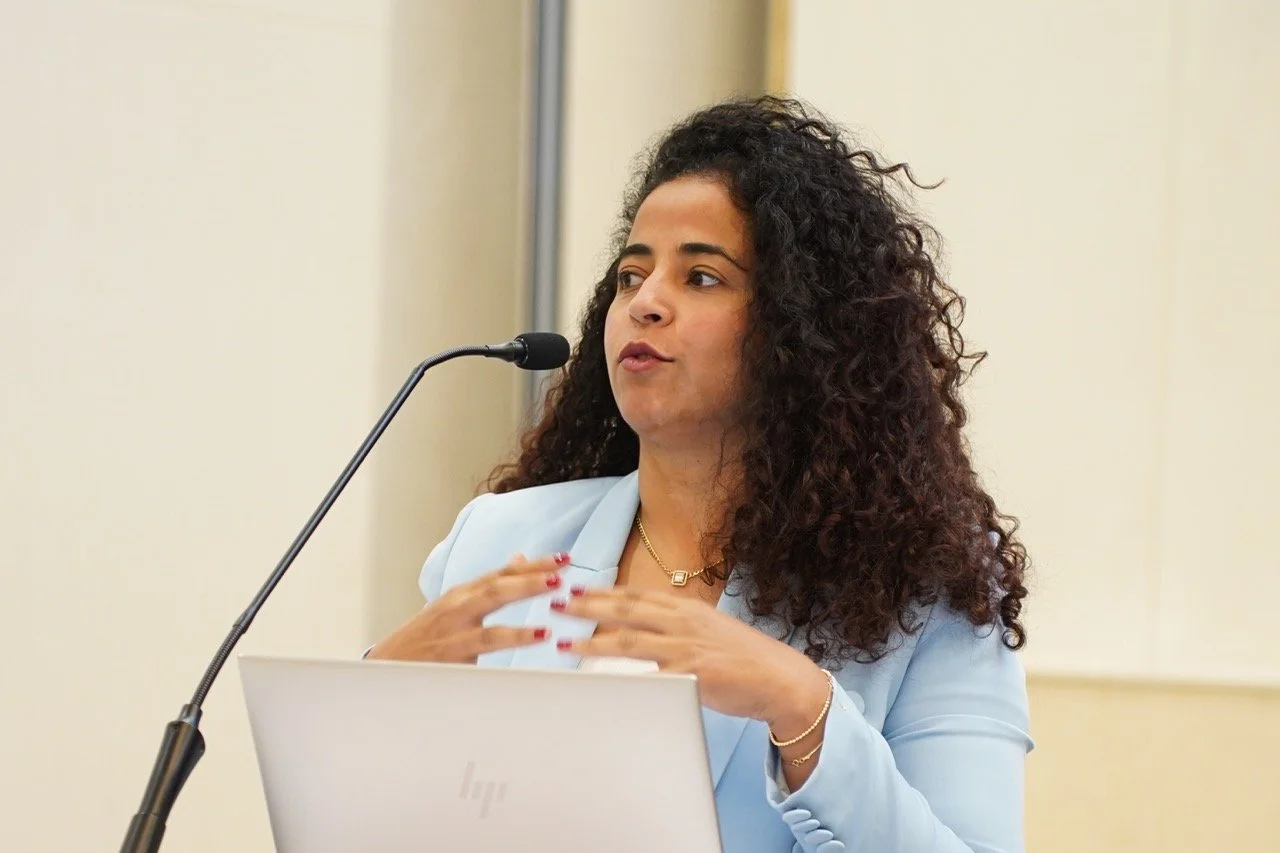
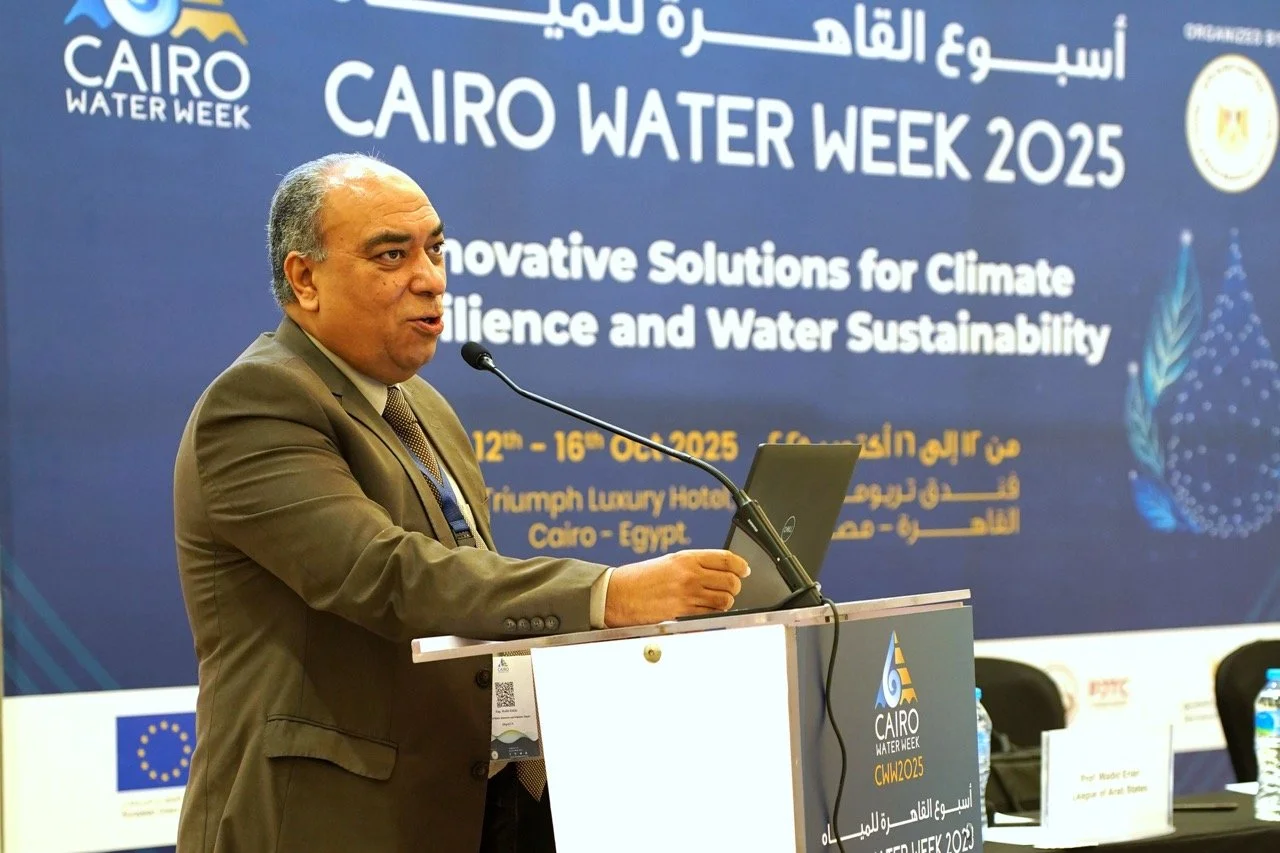
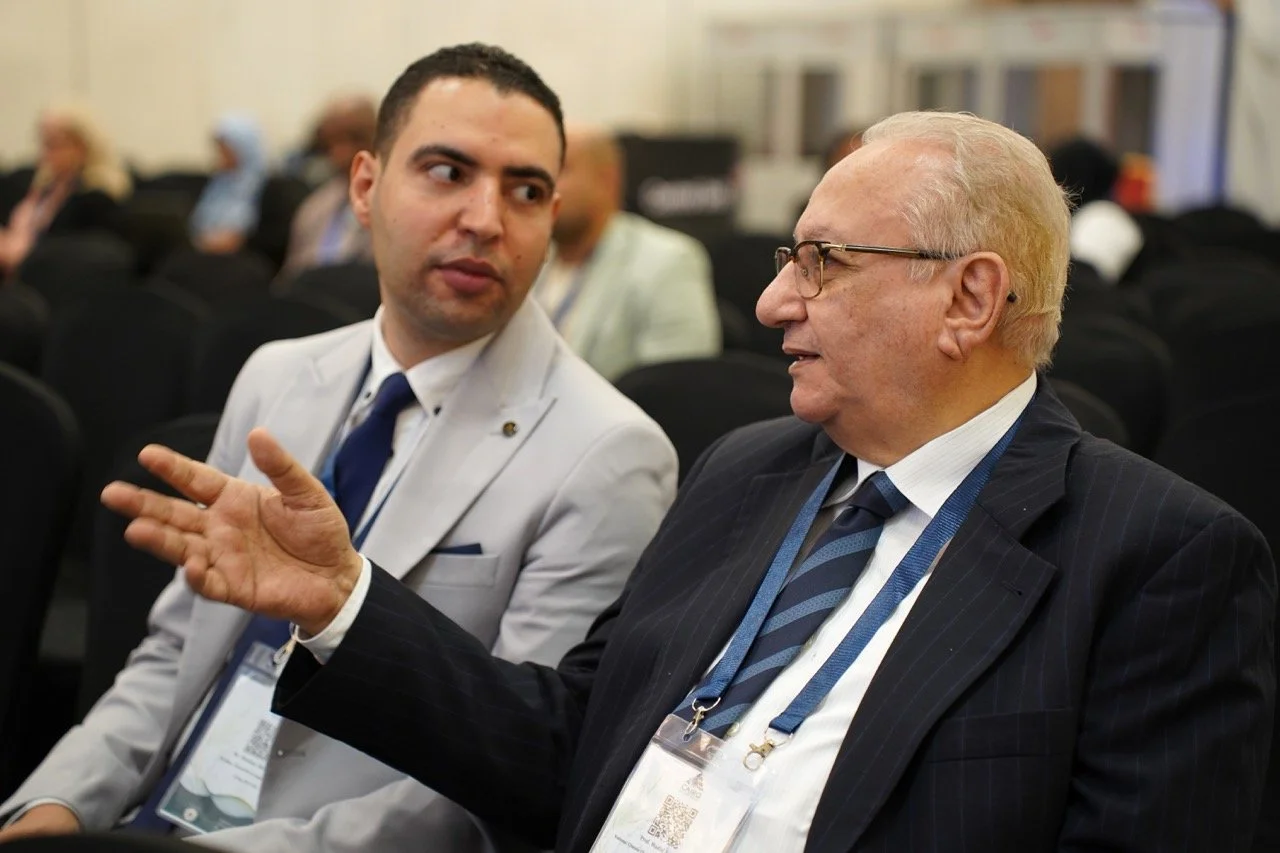
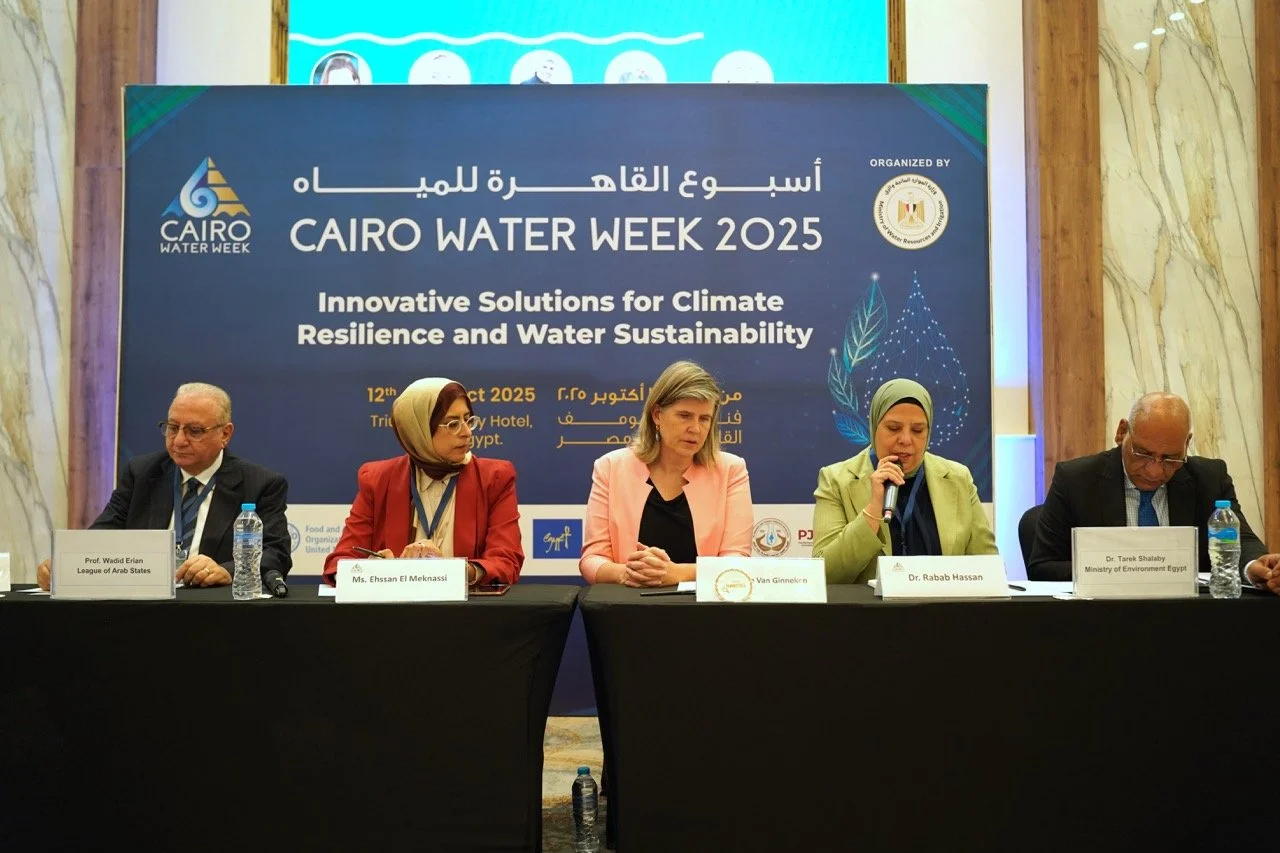
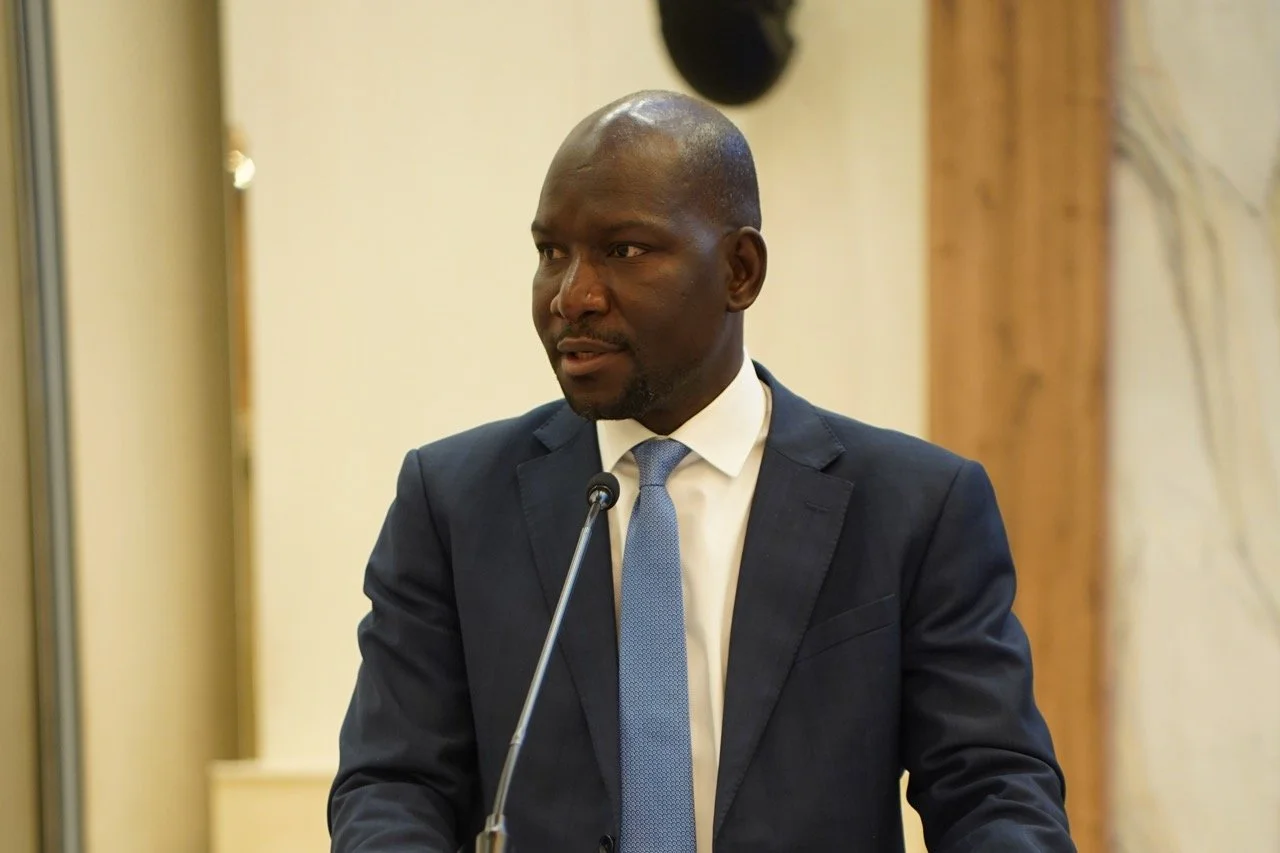
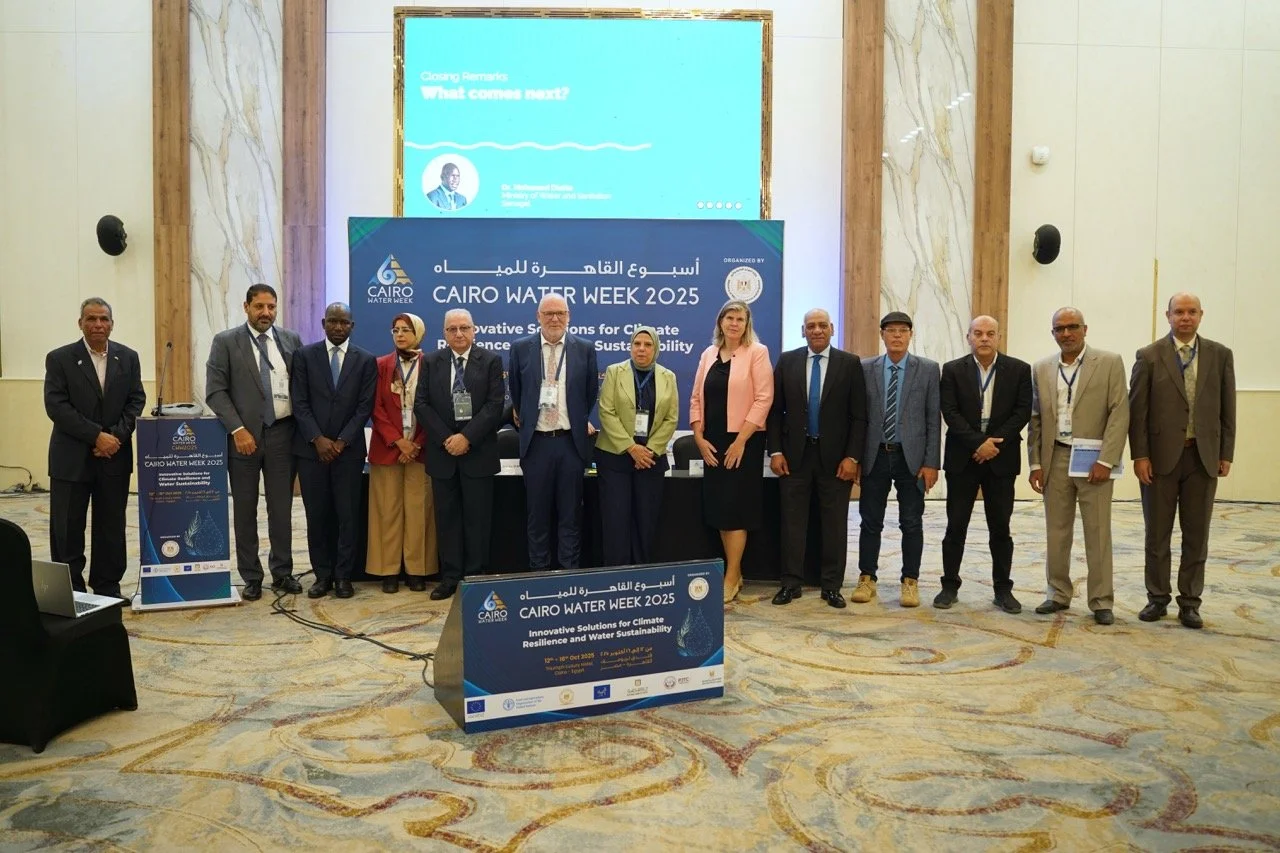
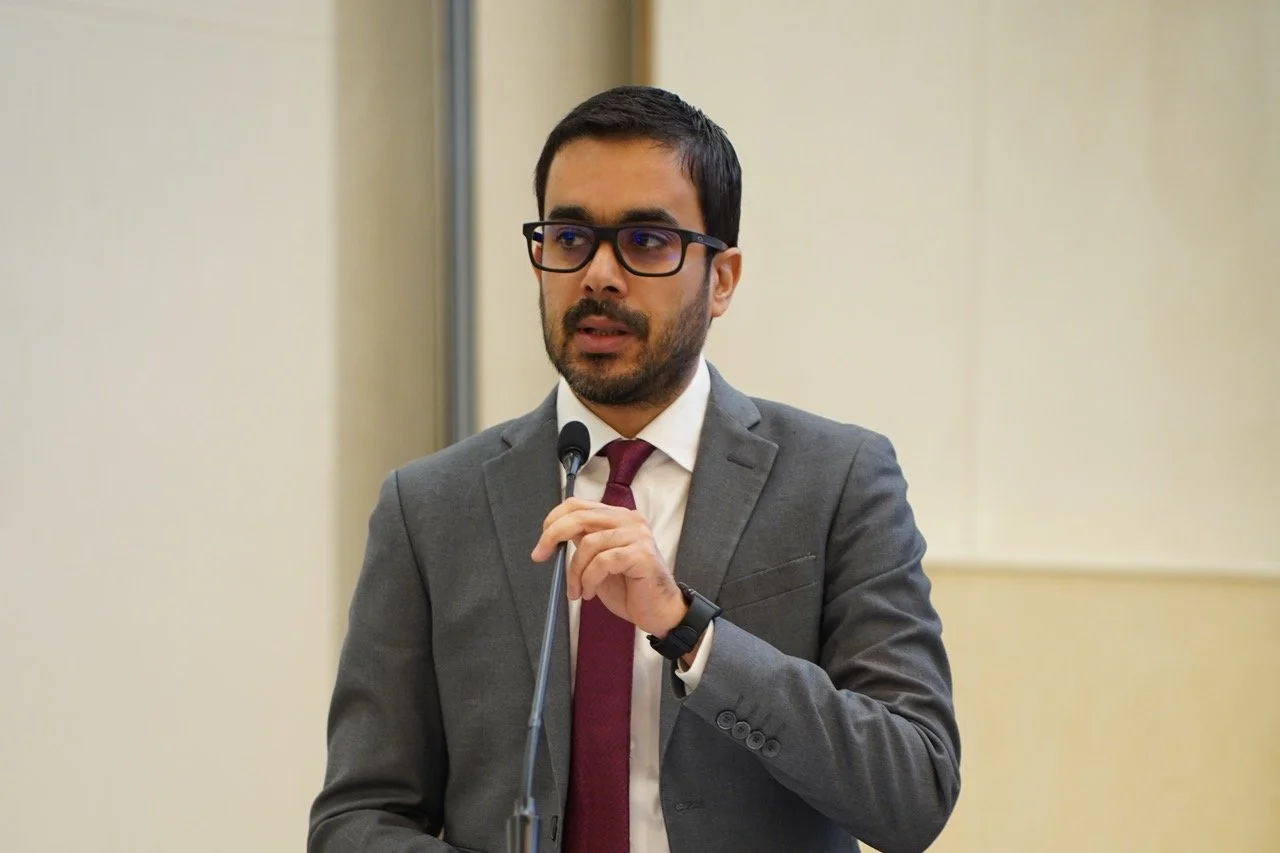

Amira Moussa, climate change adviser to the UK Embassy in Cairo, opened by noting that "the climate crisis is a water crisis. It is not only about scarcity: it is about how we wisely and fairly use what we have."
Wadid Erian, senior advisor to the League of Arab States, noted that common challenges link countries across Africa, the Arab states and Europe. Through its impacts on water, climate change will affect energy generations, food production, droughts and migration, creating an estimated 50 million migrants by the middle of the century.
"The challenge is not food security or water security," said Erian. "The challenge is in our institutions and infrastructure. Technology can solve drought and food security, but if we do not change institutions and infrastructure we are behind."
“The Water Resilience Tracker can help countries to collaborate more effectively... By adopting a common framework for assessment, we can encourage regional dialogue.”
In Egypt, the Water Resilience Tracker has been used to assess the national climate change and water planning framework, including the Updated Nationally Determined Contribution (NDC).
In Phase II, the Tracker is working closely with the Ministry of Water Resources and Irrigation (MWRI) and the Ministry of Environment (MoE) to provide capacity development, institutional support and technical guidance to bridge the gaps identified. The MWRI connects to other sectors by collecting data on water use across sectors.
Walid Hakiki, head of planning sector at MWRI, said: "We must move beyond traditional water management, we need a resilience mindset. This is where the Water Resilience Tracker is a timely and valuable tool.”
In the first phase of engagement with countries, the Tracker offers a powerful framework and support to assess national policies. “The Tracker helped the government evaluate how water is integrated into national plans, identifying gaps to make water management more robust," said Tarek Shalaby of the Egypt MoE.
“Beyond being a diagnostic tool, the Tracker represents a way of thinking. It allows us to connect the dots," added Hakiki. "For countries like Egypt, this integrated approach resonates with our efforts.”
The Tracker is working both at the national level and in hotspot areas such as the Alexandria and Beheira governerates, where agriculture, urbanisation and rising sea levels apply multiple pressures, while a megaproject-size water treatment plant is being developed to reclaim desert land for agriculture.
In Morocco, one of the most water-scarce countries in the world, the Tracker will support the National Water Plan for 2020-2050, which prioritises drought management, water desalinisation and reuse.
Noting that Morocco has just submitted its third NDC, Ehssan El Meknassi from the Alliance for Global Water Adaptation (AGWA) said: “WRT comes in the right moment to assess to what extent the water planning in Morocco responds to climate challenges.”
The session at Cairo World Water Week highlighted the centrality of water to climate change adaptation at all levels, with the Tracker helping to connect action across sectors, and down to the sub-national level.
Hakiki also expressed that the Tracker could help tackle issues across the region. “The Water Resilience Tracker can help countries to collaborate more effectively. Many of our challenges are shared," said Hakiki." By adopting a common framework for assessment, we can encourage regional dialogue.”
